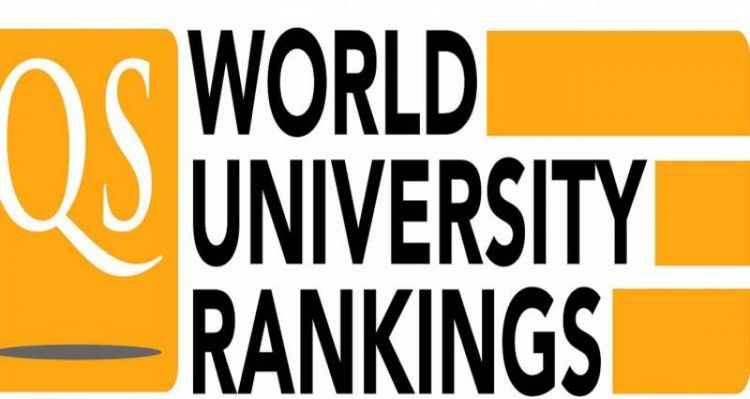The DIY applicant mentorship program

This summer, I will run a mentorship program for people planning to DIY their applications to graduate business school. It's free, and anyone who meets the basic requirements can apply (details below).
How it works
The principle is that you will still DIY, but I’ll support you in the following ways:
- You’ll have my personal WeChat. I’m quite responsive, and I will answer any questions you have to the best of my ability.
- I’ll hold weekly office hours (at my office in Xujiahui and virtually) where you can discuss your applications with me face to face.
- If there’s enough interest, I’ll also organize bi-weekly group lunch meetups where you can meet fellow applicants. I’ll try to get a speaker (me or someone I invite) to discuss application or career related topics at each lunch meetup.
- I expect the meetups/office hours will commence in early July and conclude in early September, but I’ll be happy to mentor you for as long as you like.
It would help to think of me as a mentor rather than an application consultant. Things I will not do include:
- Meet with you or have calls with you outside of predetermined office hours, due to other demands on my time (eg. full-time work, a baby girl at home).
- Make significant edits to your essays, as my aim is to help DIY applicants. If you need extensive help with application paperwork, I encourage you to seek standard application consulting services from a traditional agency.
Requirements
- You will apply to graduate business programs (ie. programs that accept the GMAT such as MBA, MSF, MSBA, etc.) later this year.
- You have taken the applicable standardized exams (eg. GMAT, TOEFL).
- You plan to DIY your applications.
How to apply
Send an email to jimmychen@hey.com with the subject title “Mentorship application - [First Name] [Family Name]”. In the body of the email, please include answers to the following (in English):
- Introduce yourself! (You should at least include details relevant to your applications such as your academic background, career goal, internship history, and standardized exam scores.)
- Please explain why you have chosen to DIY.
- Tell me about a time when you went out of your way to help someone else.
Please be concise and straightforward with your responses - the shorter, the better. Under 100 words would be ideal. I’m not looking for essays!
After you submit, I’ll do my best to reply within one week with one of three responses: yes, no, or come meet me first (virtually if you’re not in Shanghai).
Applications are open until June 30th or until I reach my capacity, whichever comes first. I will review applications on a rolling basis.
Questions you might have
Why are you doing this?
I like to help people. My guiding principle has always been “educator first, business-person second.” I recently realized that by charging high fees for my normal services, I had blocked access for some candidates who may benefit significantly from my help but cannot afford my fees. The DIY applicant mentorship program, which is completely free, is one of my attempts to address the issue.
Why are you a qualified mentor for graduate business applications?
I have a lot of experience in this area. Mentoring business school applicants has been my full-time profession for the past seven years. Prior to starting my own firm in 2018, I oversaw graduate business applications for New Oriental (新东方前途出国) in Shanghai. Past students of mine have been admitted to nearly every top business school in the world.
What’s your capacity?
My time is unfortunately limited. I expect to mentor about 3-4 candidates, though if there’s a ton of interest I will likely select a few more.
How will you evaluate applicants?
I will make selections based on your responses to the questions. Their relative importance: question 2 (most important) > question 3 > question 1.




